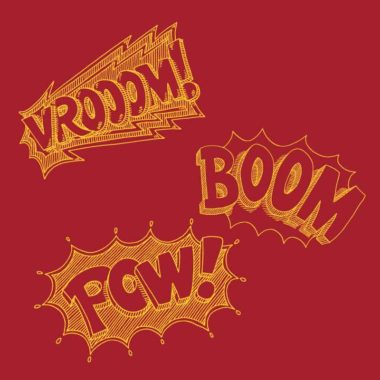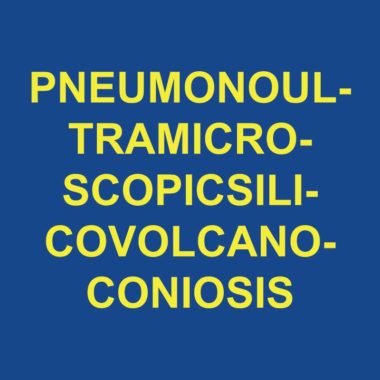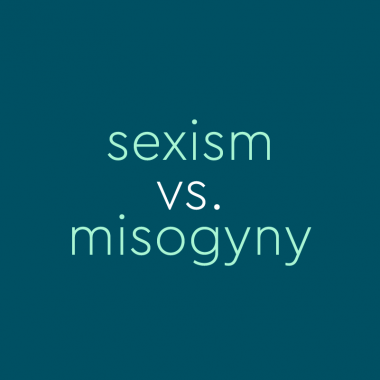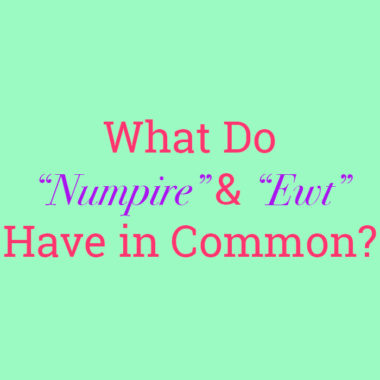What Is Phonetic Spelling?
Spelling is how we put words together, but what is phonetic spelling? An alternate way to create words? Well, yes! What is phonetic spelling? Phonetic spelling is a system of spelling in which each letter represents one spoken sound. In English, some words are pronounced exactly as they look. When T is used to spell tiger, the letter T is assigned one sound. Simple, right? Well, we …











